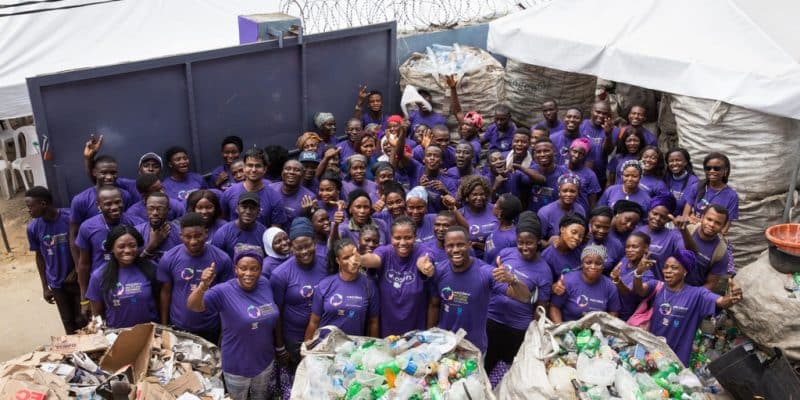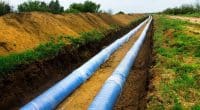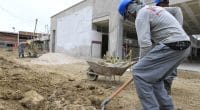The Norwegian Investment Fund for Developing Countries (NORFUND) is granting a convertible loan of $12.7 million to Wecyclers and Miniplast, based in Nigeria and Ghana respectively. Specialising in the recycling of plastic waste, they will use the funds to expand their operations in the two West African countries.
Of the $12.7 million in financing granted by the Norwegian Investment Fund for Developing Countries (NORFUND) on 13 July 2023, more than $2.2 million will go to Nigerian start-up Wecyclers, which has specialised in waste collection, sorting and recycling since 2012. The convertible loan will be used to finance the construction of a new plant to recycle polyethylene terephthalate (PET) and rPET bottles locally, i.e. in Nigeria, and in Europe.
The Wecyclers recycling plant will be located in Ogun State. According to Norfund, the facility will have a capacity of 12,000 tonnes per year. This will support Wecyclers’ ambition to collect and recycle an additional 30,000 tonnes of plastic waste over the next five years in the West African country.
Reducing plastic pollution
“Wecyclers has succeeded in establishing a model in Nigeria with its own collection, both from households and through kiosks and franchises, combined with close collaboration with a European plastics producer that will serve to ensure that the process and product quality meet the highest international standards,” says Carl Johan Wahlund, who heads NORFUND’s Green Infrastructure investment sector. NORFUND’s funding comes exactly three months after the start-up signed a $2 million loan agreement with Unilever West Africa Nigeria and Bridges Outcomes Partnerships.
Accra, Ghana-based Miniplast has received $10.5 million from NORFUND. The convertible loan will be used to purchase new manufacturing equipment and machinery to increase the company’s recycling capacity to 1,700 tonnes per month from the current 41 tonnes of plastic per day, and to increase the use of locally sourced recycled materials to replace imported plastic resins, thereby reducing production costs. As a reminder, in 2020 Miniplast set up a recycling business using locally sourced plastic waste. These recycled plastics are then used by the company in the manufacture of its finished products and sold to third parties. The company already has waste collection and shredding centres in Kumasi and Tamale.
The ambition is also to reduce plastic pollution in Nigeria and Ghana. In Nigeria, according to official figures, an average of 2.5 million tonnes of plastic waste are generated every year, with consequences for aquatic biodiversity. Much more than in Ghana, where nearly 840,000 tonnes of plastic waste are produced every year, according to the World Economic Forum (WEF).
Inès Magoum







